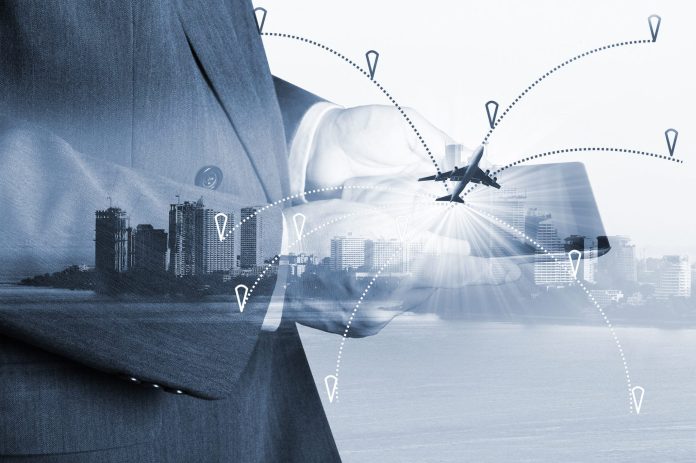eGate Solutions, a provider of technology and software solutions for the airline and railway industries is using Vodafone’s IoT platform in order to improve the passenger experience through the delivery of fast and accurate on-board data to suppliers.
The firm’s solutions help airlines get the right material on board, boosting revenues and improving the passenger experience.
The company has offices in the U.S., Europe and Australia, a customer base of more than 25 airlines, and a growing rail business and the market’s only end-to-end passenger service planning and fulfilment solution.
eGate Solutions has developed a solution to collect point of sale and logistics information from planes as soon as they land. This information can then be shared immediately with suppliers.
To implement this solution eGate selected Vodafone as it needed a communications solution capable of securely carrying this data, worldwide.
The solution, using Vodafone’s Managed IoT Connectivity Platform, went live in April 2013. It is now in operation across Europe, the U.S. and Japan.
When the plane lands, all sales, logistics and planning data is gathered and sent to a mobile hotspot. This data is then made available to suppliers.
“Working together towards a strategic vision was key in delivering this international solution. What’s more eGate is experiencing real competitive advantage and added value,” said Cristina Izquierdo, Sales Specialist Vodafone IoT.
“The airline business is extremely complicated,” eGate Solutions’s CEO Simon de Montfort Walker, said. “Weather issues, delays, understocks, the wrong stock… there are lots of opportunities to create a poor passenger experience. The better the data, the better the chance airlines have to be positive. Passengers now count on airlines to carry a huge range of products.”
“Access to real-time data could be used to determine sales commissions, or to track complementary items. All of this has an impact on revenues or the inflight experience,” Walker added.
“There is a lot more information we can push down this pipe,” said Walker. “We’re creating tools right now that will consume that space, with far more client-friendly tools.”
The executive also said that the goal for airlines is to be able to manage supplies as close as possible to take-off. This could be an improved ‘preorder and preselect service’, allowing passengers to order inflight meals on the day of departure. It could be syncing supplier options with a passenger’s frequent flyer preferences. “There is a real battle on inflight service,” Walker said. “And that means there are more people relying on accurate data to make late-breaking things happen. All of which requires excellent communication delivery.”

